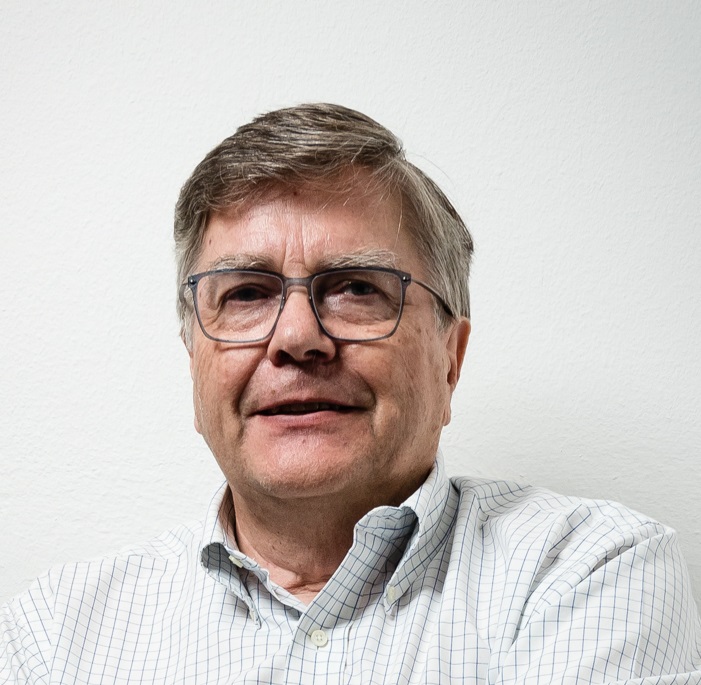The Promise of Europe’s Beating Cancer Plan won’t be Unlocked without Addressing the Cancer Workforce Challenges

By Matti Aapro, President of the European Cancer Organisation
Managers of any organisation, the world over, root themselves in the understanding that “your workforce is your most valuable asset”. Yet, what ought to be a self-evident truth can also sometimes get lost within new strategy formulation. Reflecting on Europe’s new Beating Cancer Plan, while I give it very many stars of approval for its breadth and ambition, among the elements I might have wished received more explicit attention, are the needs of our cancer workforce. Quite simply, there is no cancer care without a cancer workforce.
For this reason, it has been an enormous pleasure to have worked with the three Co-Chairs of the E.C.O. Workforce Network, Professor Andreas Charalambous (E.C.O. President-Elect, Past-President of the European Oncology Nursing Society), Dr Mirjam Crul (E.C.O. Board Member, Vice-President of the European Society of Oncology Pharmacy) and Prof Geerard Beets (Board Member of the European Society of Surgical Oncology) in writing and publishing a new cancer policy paper: ‘Working Against Cancer: Giving Professionals the Right Tools for the Job’. Each of us representing a different discipline, developed via the E.C.O. Workforce Network, and in consultation with the E.C.O. member organisations, 20 patient advisory groups and many others, this has been multidisciplinary, multiprofessional and multi-stakeholder collaboration in action.
The paper conveys in short form the critical challenges for the cancer workforce in the context of implementing Europe’s Beating Cancer Plan. The 4 key challenges are described as:
- Resolving the difficulties caused by workforce shortages;
- Reducing unnecessary barriers to professional mobility;
- Improving occupational conditions to protect the safety and well-being of healthcare professionals working in cancer care; and
- Enhancing education and development opportunities for healthcare professionals that are now even more achievable in the digital age.
Clear, pragmatic and achievable recommendations are provided, including among many others:
- Populating Europe’s Beating Cancer Plan’s Inequalities Registry with a clear section dedicated to measuring patient access to cancer professions across Europe;
- Establishing a RescEU style mechanism to help alleviate cross-border oncology workforce shortages;
- Proactively deploying the EU Professional Qualifications Directive to support specialisms in cancer care in harmonising education and training requirements;
- Addressing exposure of healthcare workers to cytotoxic products through coverage of this issue within the EU Carcinogens and Mutagens Directive; and
- Legally codifying at the EU level the already widespread (but not yet universal) practice of continuous professional development as a mandatory requirement for healthcare professionals.
Europe’s Beating Cancer Plan has set out the ‘what’ to be done. E.C.O.’s networks will this year be helping the European Commission and EU member states fill in further detail on the ‘how’. It is appropriate, therefore, that our first Network publication following the Plan’s publication should be on workforce needs. Healthcare professionals across Europe working in cancer care are the core delivery tool for improvement. We hope our new paper helps to remind of this and offers concrete suggestions for further action.
Article published in the Cancer World magazine (Issue 90 Summer 2021).

